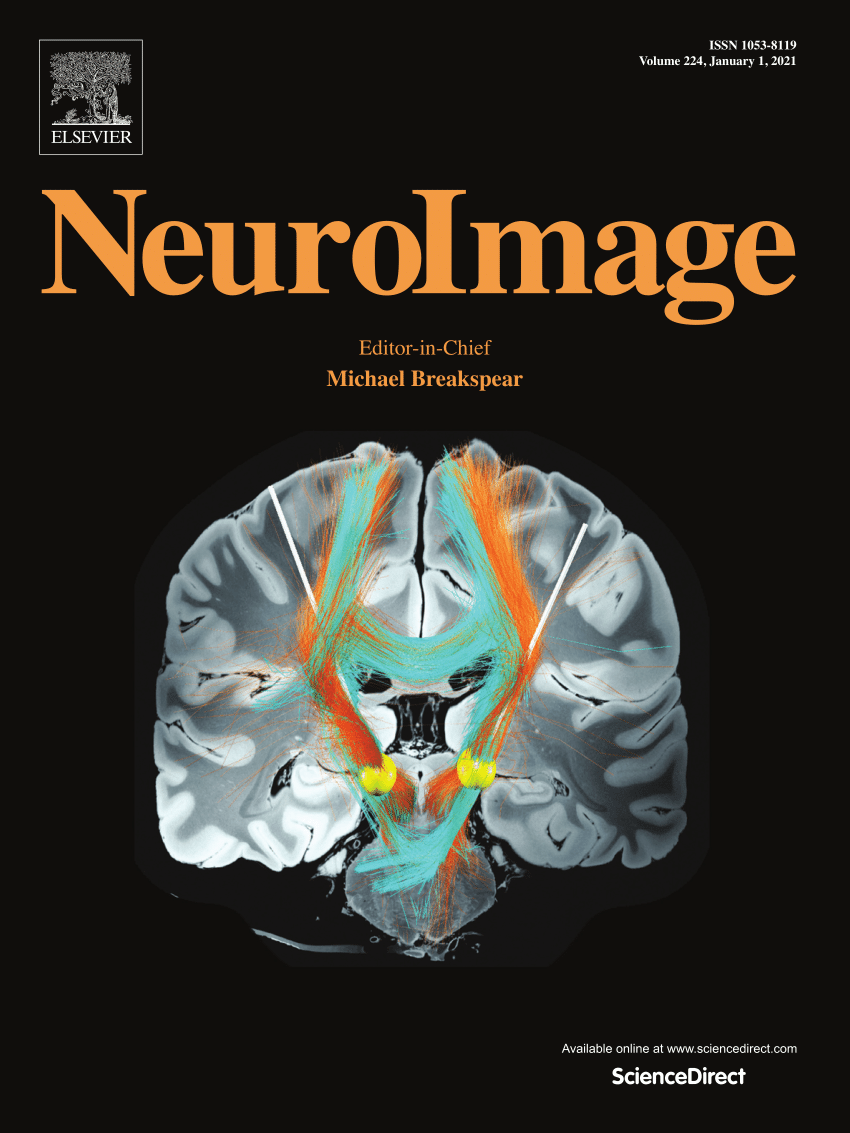Unexpected feedback enhances episodic memory: Exploring signed and unsigned reward prediction errors with EEG
IF 4.5
2区 医学
Q1 NEUROIMAGING
引用次数: 0
Abstract
Reward prediction error (RPE) is crucial for learning and memory, yet its influence on episodic memory remains underexplored. Previous studies have shown two models for the influence of RPE on memory—signed RPE (SRPE) or unsigned RPE (URPE) effects. In the current study, thirty participants completed a prediction-feedback assessment integrated with a study-recognition task. Electroencephalogram (EEG) was recorded throughout the experiment. Our results showed that recognition accuracy improved when rewards deviated from expectations, irrespective of the direction (positive or negative) of the deviation. EEG analyses revealed that during the recognition phase, the late positive component was predominantly associated with URPE effects. In the earlier time windows of reward feedback, FRN and P300 components reflected SRPE effects. In contrast, robust URPE effects emerged in the later time windows, as evidenced by both univariate and multivariate analyses. Importantly, the URPE effects of representational similarity were correlated with that of subsequent recognition performance. These findings demonstrate that RPE is differentially processed across memory encoding stages, with URPE exerting a dominant influence. Our results highlight the critical role of unexpected feedback in memory formation and provide novel insights into the mechanisms underlying RPE in episodic memory.
意想不到的反馈增强情景记忆:用脑电图探索有符号和无符号奖励预测错误。
奖励预测误差(RPE)对学习和记忆至关重要,但它们对情景记忆的独特影响尚未得到充分研究。以往的研究表明,RPE对记忆符号RPE (SRPE)和无符号RPE (URPE)效应的影响有两种模型。在目前的研究中,30名参与者完成了一项预测反馈评估和一项学习识别任务。在整个实验过程中记录脑电图。我们的研究结果表明,当奖励偏离预期时,无论偏离的方向(积极的还是消极的),识别的准确性都会提高。脑电分析显示,在识别阶段,晚期阳性成分主要与URPE效应相关。在奖励反馈的较早时间窗,FRN和P300分量反映了SRPE效应。相比之下,单变量和多变量分析都证明,强大的URPE效应出现在较晚的时间窗口。重要的是,表征相似性的URPE效应与随后的识别性能相关。这些结果表明,RPE在不同的记忆编码阶段有不同的加工过程,其中URPE起主导作用。我们的研究结果强调了意想不到的反馈在记忆形成中的关键作用,并为情景记忆中RPE的潜在机制提供了新的见解。
本文章由计算机程序翻译,如有差异,请以英文原文为准。
求助全文
约1分钟内获得全文
求助全文
来源期刊

NeuroImage
医学-核医学
CiteScore
11.30
自引率
10.50%
发文量
809
审稿时长
63 days
期刊介绍:
NeuroImage, a Journal of Brain Function provides a vehicle for communicating important advances in acquiring, analyzing, and modelling neuroimaging data and in applying these techniques to the study of structure-function and brain-behavior relationships. Though the emphasis is on the macroscopic level of human brain organization, meso-and microscopic neuroimaging across all species will be considered if informative for understanding the aforementioned relationships.
 求助内容:
求助内容: 应助结果提醒方式:
应助结果提醒方式:


